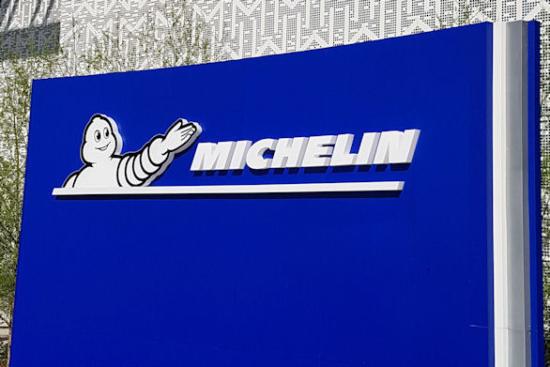France: Michelin, unions sign telework agreement

Since 2019, Michelin and labour unions have signed various successive telework agreements covering its workforce in France. Remote working came to the forefront with the arrival of the Covid-19 crisis and Michelin, like many other companies, needed to set up special measures to rely massively on telework. On-site and remote work organisation arrangements have been adapted, adjusting the way teams work on a daily basis.
Management and labour organisations have worked to develop a vision, strategy and arrangements for telework at Michelin, aiming for “telework practices reconciling individual and collective dimensions, wherever possible.” The result is a new telework agreement covering the years 2022 to 2025 that Michelin’s senior management and representatives from four unions (CFDT, CFE-CGC, CGT and SUD) signed on 2 December.
The telework agreement is devised around several guiding principles:
• reasserting that telework is based on individual choice and should only be put in place on a voluntary basis from the employee;
• putting teams at the heart of telework arrangements: telework organisation is now defined by the teams;
• supporting employee commitment and improving the work-life balance;
• meeting the changing needs of jobs and work processes to contribute to the Group’s attractiveness;
• taking into account environmental challenges by contributing to a reduction of the carbon footprint by reducing commuting.
The agreement reflects these principles through tangible developments:
• Teams are responsible for defining their organisation with regards to telework: they will now define which missions require a physical presence, and thus the number of teleworking days and how they are positioned.
• Telework solutions are evolving. The agreement defines three types of arrangements in order to reconcile employee wishes and the company’s needs while maintaining social cohesion: occasional telework, regular telework and adaptive telework. The latter option is used for individual situations, to maintain attractiveness for a number of specific jobs, and to implement customised measures. Furthermore, to make telework organisation more flexible, it is now possible to occasionally combine occasional telework and regular telework.
• Financial support is put in place to improve employees’ remote workstations when teleworking and to contribute to the purchase of furniture and IT equipment. Employees who telework regularly will benefit from a 50 per cent contribution towards the expenses incurred, up to 250 Euros.
Finally, management and unions have decided, as part of co-building, to launch a study on the feasibility of telework in a number of production jobs.
General responsibility approach
According to company management, “this new agreement is in line with Michelin’s ambition to implicate teams in defining and implementing the group’s strategy. By placing collective work at the heart of day-to-day organisation, this agreement supports Michelin’s general responsibility approach, a pillar in the company’s management policy.”



Comments